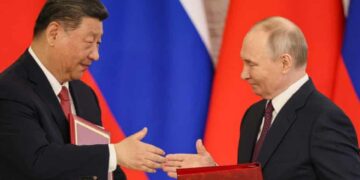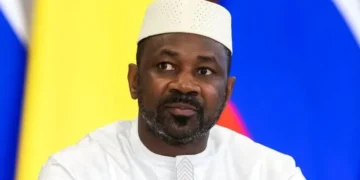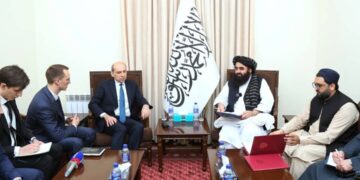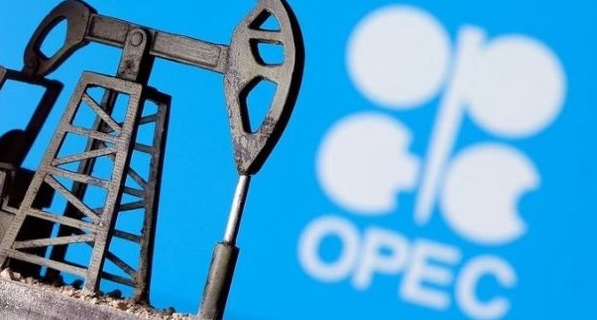By John Ikani
The Organization of the Petroleum Exporting Countries (OPEC) on Wednesday, commenced its two-day meeting in Vienna, marking the beginning of the highly anticipated 8th OPEC International Seminar.
Distinguished attendees include Prince Abdulaziz bin Salman Al Saud, the Minister of Energy for the Kingdom of Saudi Arabia, alongside esteemed oil and gas ministers from Iraq, Libya, and the United Arab Emirates (UAE).
Themed “Towards a Sustainable and Inclusive Energy Transition,” the event also has the Executive Secretary of the Nigerian Content Development and Monitoring Board (NCDMB), Engr. Simbi Wabote and some senior personnel of the Board in attendance.
It aims to delve into crucial aspects such as the present global energy landscape, future prospects in energy transitions, market stability, energy security, investment, as well as technology and innovation.
The significance of the gathering is amplified by recent developments in the oil market.
On Monday, Saudi Arabia made a significant announcement, revealing its decision to extend the ongoing oil production cut by an additional one million barrels per day.
The move is intended to revitalize dwindling prices.
In parallel, Russia also declared its plan to reduce exports by 500,000 barrels per day throughout August.
The proactive measures by major oil producers seek to stabilize prices amidst persisting market volatility.
The backdrop of Russia’s invasion of Ukraine and China’s faltering economic recovery continues to impact the global energy sector, necessitating such initiatives.
Saudi Arabia, as a prominent member of OPEC, had previously chosen to decrease production in early June, with the objective of bolstering prices.
The voluntary reduction, implemented over the weekend, will persist into August and may potentially be extended beyond that period, according to a source within the Energy Ministry as reported by the kingdom’s official news agency.
“The source confirmed that this additional voluntary reduction reinforces the precautionary measures taken by OPEC+ countries with the aim of supporting the stability and balance of oil markets,” added the agency.
Consequently, the oil-rich kingdom will maintain its production at approximately nine million barrels per day.
During a meeting of oil producers last month, Saudi Energy Minister Prince Abdelaziz bin Salman emphasized the possibility of extending the production cut, underscoring its potential long-term implications.
Back in April, several OPEC+ members had unexpectedly agreed to a voluntary production cut of over one million barrels per day, briefly influencing prices but failing to sustainably lift them.



































